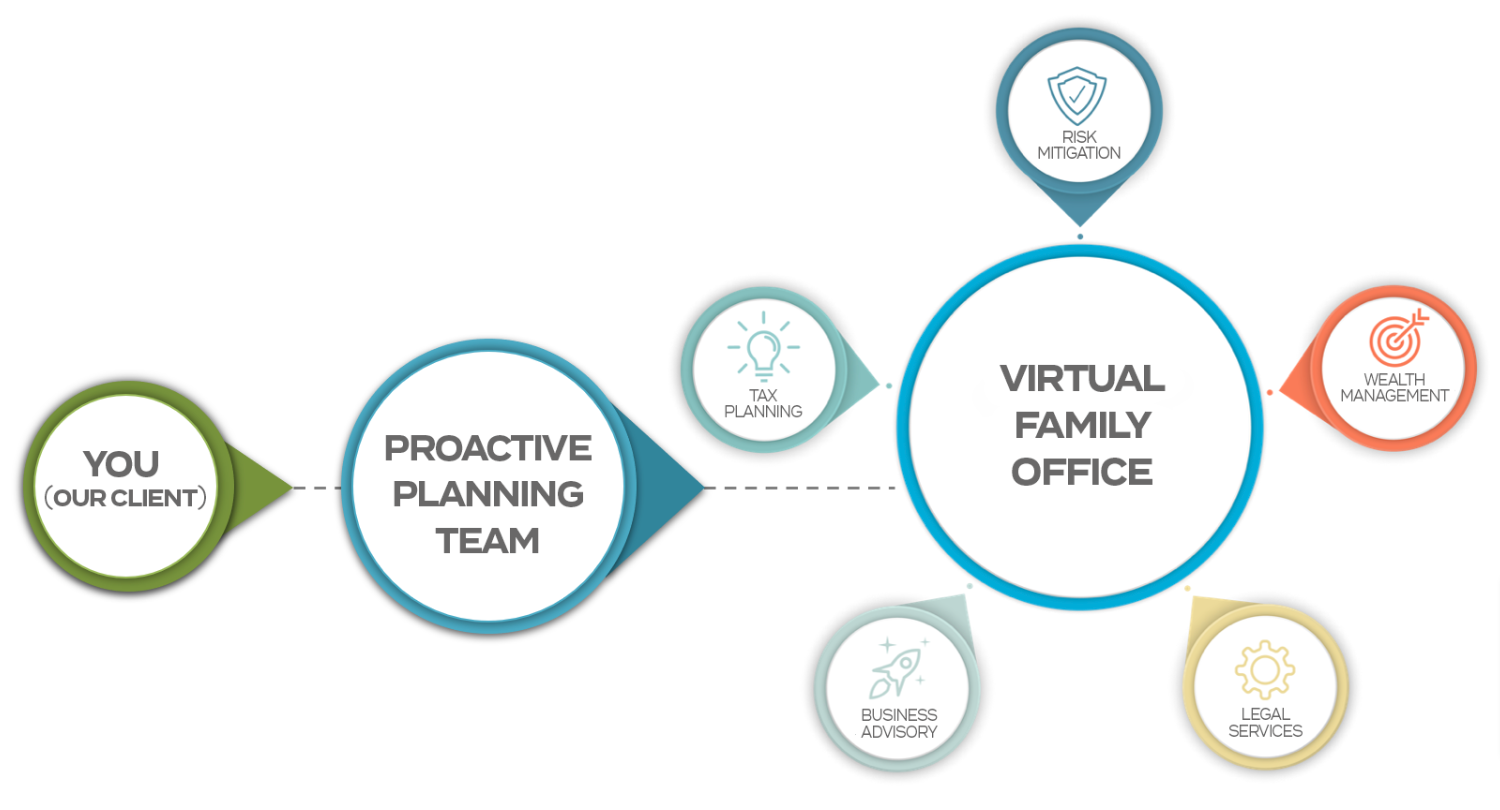Hammernik’s 10 Skills To Master For Business Success
Last week I gave you a quiz.
Got some great responses … and in case you haven’t had the chance to comment, here it is again (I’d love to know how you feel you are doing in these areas, so we can help you even more effectively — email us by clicking the button at the top of the page):
How many “Yeses” can you answer ?
1) I have a financial statement for my business that is no more than 30 days old.
2) I reviewed my financial statement with my bookkeeper or accountant within the last month to pinpoint the potential trouble spots and identify pockets of easy cash.
3) I know exactly which products, departments and services give me the highest ROI (return on investment).
4) I have a year-end tax strategy based on my figures to date.
5) I know how much cash I have and how much I will need next week.
6) I can sleep at night, knowing that my record-keeping will support my deductions if the IRS audits me.
If any of these are concerns for you, especially with the regulatory situation continuing to evolve, let’s discuss ways that we can fix it for you: (414) 545-1890
The reason I’m asking you these questions is that it’s a large part of my job to work with business owners by “picking up the pieces” of their finances, and, unfortunately, it’s often too late to have done any good.
Yes, every day, my staff and I swim in an ocean of numbers. And we’ve become pretty quick about knowing what’s happening in a business by seeing where the “currents” are leading (if you will).
But, as I mentioned, often we’re stuck looking historically instead of real-time, because too many business owners don’t have a system in place for getting those numbers to us quickly. But when they do, we can very quickly know how to help.
But, I’d also like to identify for you some other numbers, which don’t show up on balance sheets, and why they’re perhaps even more important than what you see on a P/L statement …
Hammernik’s 10 Skills To Master For Business Success
“You can use the fanciest computers to gather the numbers, but in the end you have to set a timetable and act.” -Lee Iacocca
I sometime recently had a conversation with a client about the level of detail needed to survive in this economy. It’s easy to get lazy when a business can survive just with the low hanging fruit available in an easy marketplace — but, when the market shrinks because of funding availability, number of prospects, or profitability margins, then many people don’t know how to tweak their marketing and sales systems so they can track the numbers at each step in the sales process.
I have seen (in several industries) that the businesses who have weekly sales meetings, track the numbers and hold their team members accountable are successful … while those that guess and “assume” are usually out of business. It’s just a matter of time.
The key to business successis knowing the numbers — what is the average expected result and how you are measuring up against that result for each step in the process.
But many people don’t want to track the numbers, because they might have to admit that they aren’t doing their job and letting their teammates down, others simply do not have the systems or understand how to track those numbers or understand the benchmarks of the average business, the good business and the great business.
Many self-employed business owners just feel what they are doing is “working” without having tested it or tracking where they are at which indicates a complete lack of understanding of the basics of any business. Unless you have completed a valid split test and received statistically reliable results, you don’t have any idea whether you are improving or going backwards.
With all of the chaos happening seemingly every week, the mind of the American consumer is shifting — and many are downsizing, reducing debt and spending more conservatively right now (with some exceptions in certain demographics). Some business owners and sales people are realizing the days of easy pickings are gone for right now.
In some industries response rates are crashing, refunds are rising, bad debt is soaring, and sales numbers dropping.
Here is the cold, hard truth about business success — If you don’t know how to test scientifically — or if you do know but you think it’s not necessary — your business doesn’t have a chance.
Here Are The Numbers To Know…
To be successful from now on, you will have to develop expertise in direct marketing and sales. And that means mastering the following skills:
1. Statistically valid testing at each stage of the sales process
2. Structuring price, term, refund, and premium tests for profit
3. Determining the true lifetime value of every new customer
4. Calculating “allowable acquisition costs” (what you can spend to get a customer)
5. Measuring responsiveness by media source
6. Figuring the “doubling date” or “half-life” of a new offer or customer
7. Purging unproductive prospects and staff
8. Discovering your “optimal selling strategy”
9. Develop multiple streams of revenue in your business
10. Designing effective “peer reviews” and staff meetings
If you don’t have these skills — or if your key people don’t have them — consider your business to be in trouble. The market is tough now, and it doesn’t look like the “easy streets” of mid 2000’s are coming back anytime soon.
That being said, in a time when many businesses are going broke, others are doubling their sales.
And it starts with knowing your numbers.
Feel very free to share this article with a Waukesha County business associate or client you know who could benefit from our assistance — or simply send them our way? While these particular articles usually relate to business strategy, as you know, we specialize in tax preparation and planning for Waukesha County families and business owners. And we always make room for referrals from trusted sources like you.
Warmly (and until next week),
Dale Hammernik
(414) 545-1890
Hammernik & Associates
The post Hammernik’s 10 Skills To Master For Business Success appeared first on Talking Tax to Milwaukee.
See More Blog Posts







